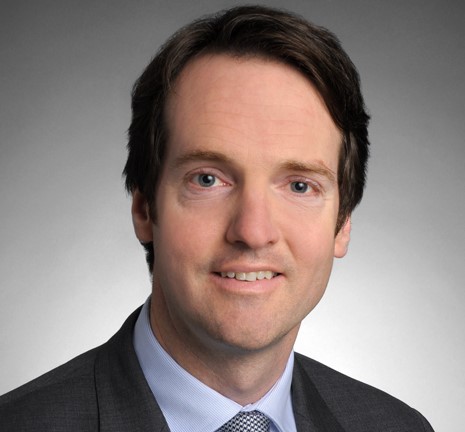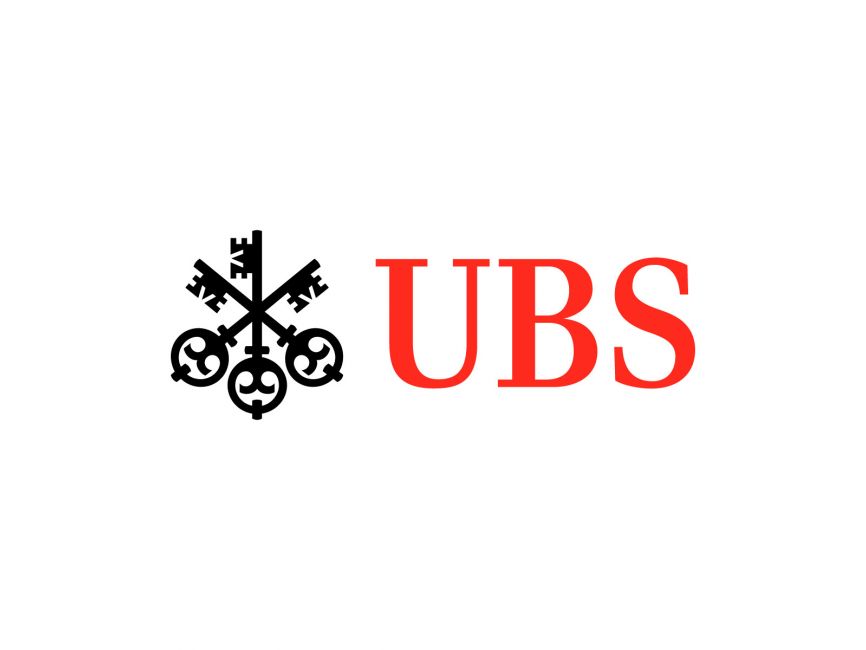Andrew Walsh, head of passive and ETF specialist sales for UK and Ireland at UBS Asset Management, has said a standard environmental, social and governance (ESG) framework would be useful, however, is currently not viable due to the different interests across the industry.
Earlier this month, S&P Global repeated calls for a standard ESG framework arguing both companies and investors are feeling the pressure from a lack of clarity around ESG terminology and benchmarks.
Due to the lack of correlated data points between providers such as MSCI and Sustainalytics, there is the potential for investors to misunderstand the exposure they are getting when investing in ESG products.
Speaking to ETF Stream, Walsh agreed there are a whole number of ways one can define ESG which can cause problems for investors, however, added a standard definition remains a long way off as the different providers have entirely different ways of scoring ESG issues.
He gave the example of companies in the oil and gas sector versus ones in the tech sector. The metrics used to judge the companies should be entirely different and therefore, a one size fits all methodology would not add value for investors.
“Everyone has a different definition of ESG. MSCI has 37 metrics whereas Robeco SAM goes even more granular with almost 100 data points,” Walsh continued.
The European Commission has made attempts to introduce some minimum requirements for benchmark providers offering ESG indices in order to address the issue of greenwashing.
There is certainly an industry problem around greenwashing. For example, in June, it was reported a number of gun companies had been included in one of Vanguard’s ESG index funds despite the prospectus stating it excluded this industry.
Walsh, who is speaking at ETF Stream's Big Call: ESG Investors Forum event, stressed it is crucial for investors to look under the bonnet with any ETF let alone ESG strategies.
He added the ESG strategies available on the market vary hugely on how “green” they are, ranging from “deep green” where strategies remove 75% of the parent index to “light touch” where it only removes 10% meaning the tracking error from the parent index can be as little as 0.50%.
“It really depends on what the client is looking for,” Walsh said. “There is a valid point around some ESG strategies simply being a box-ticking exercise, however, there are some clients who want to go off-piste and buy very deep green strategies, it really depends.”
ETF Insight: Are ETF and index providers taking ESG seriously?
Walsh revealed the fixed income space is a big focus for the firm in this area as there is more scope to launch strategies across the spectrum from diversified broad benchmarks to more granular products.
UBS, along with BlackRock, are leading the charge in the ESG ETF space in Europe with 18 products and $7.6bn assets under management.



